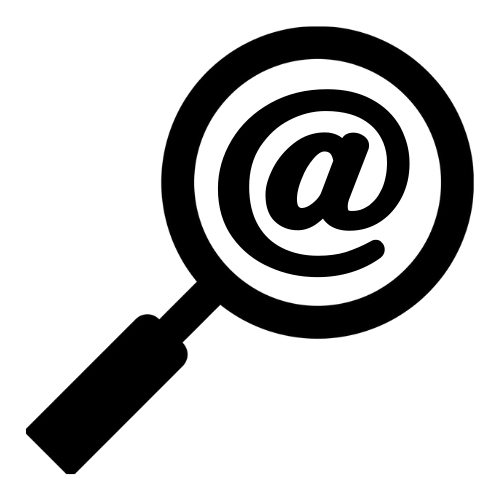Defend Democracy’s disinformation watchdog
Our social media watchdog monitored and exposed online activities before, during and after the Netherlands’ elections of March 2021. What we found:
- a bogus account with bogus political polls — unfortunately shared by some political parties
- fake politicians on Twitter working on polarisation and spreading disinformation
- a false flag political chat group on Telegram that became openly far-right
- astroturfed fuss about the corona curfew
- a hashtag campaign that led to a strange women’s group affiliated with conspiracy theorists (see: ‘conspirituality‘)
- a Turkish Twitter attack on far-right party leader Geert Wilders
- a much talked about hate hashtag and how it was inadvertently kept trending by people who condemned the hashtag
- political ads on Twitter — which shouldn’t be possible as Twitter policy is to ban them
- a large conspiracy Facebook group calling on people not to vote — and some Facebook failings
- strange Chinese and Russian likes of a tweet by a progressive political party
- far-right party leader Baudet who tried to copy Trump’s playbook — but success remained mostly limited to his own filter bubble
- strong evidence of inauthentic manipulation of the online debate in favour of far-right parties
In addition, we published a Dutch translation of our crash course with practical tips on how to deal with disinformation, fake news and propaganda, a poster series on how to spot conspiracy theories and what to do about it, and a study on how prospective parliamentarians use Twitter in campaign time.
About the project
We publish our findings not after, but during the election period. Through a real-time campaign, we expose online manipulation, disinformation and polarisation, thereby decreasing harmful effects and increasing digital literacy.1 Our watchdog does not indicate what is true or false, but shows how manipulation via social media works. The monitoring is done in a content-neutral, impartial way — explicitly without any preference for left, centre or right. Our social media watchdog project receives very positive feedback from voters, politicians, journalists and disinformation experts, and quite some media attention (an English example here).
Digitisation: opportunities and risks for our democracies
Democratic processes, including elections and our public debate, are more digital than ever before. Not only because we have started to use social media even more, but also because the pandemic is forcing us to live our lives even more online. This confluence of events presents our democracies not only with opportunities, but also with risks. Since the outbreak of the pandemic, disinformation and conspiracy theories have spread more rapidly from the margins of the Internet to the mainstream media, thereby gaining greater reach than before.
Experts expect that foreign and domestic information manipulation campaigns and foreign interference will try to disrupt the integrity of ever more elections and other key events in our societies. This is part of a broader trend of undermining the Western democratic legal order and democratic processes (such as elections), institutions and societies, partly through malicious, coordinated manipulation and disinformation campaigns.
1 One of our publications to enhance digital literacy is also available in English: ‘Digital literacy: the basics of dealing with disinformation, lies and propaganda‘
- Supported by: Democracy and Media Foundation and SIDN Fund
- Period: 1 December 2020 – 30 March 2021
- Status: ended. If you have a project for our watchdog, get in touch!

